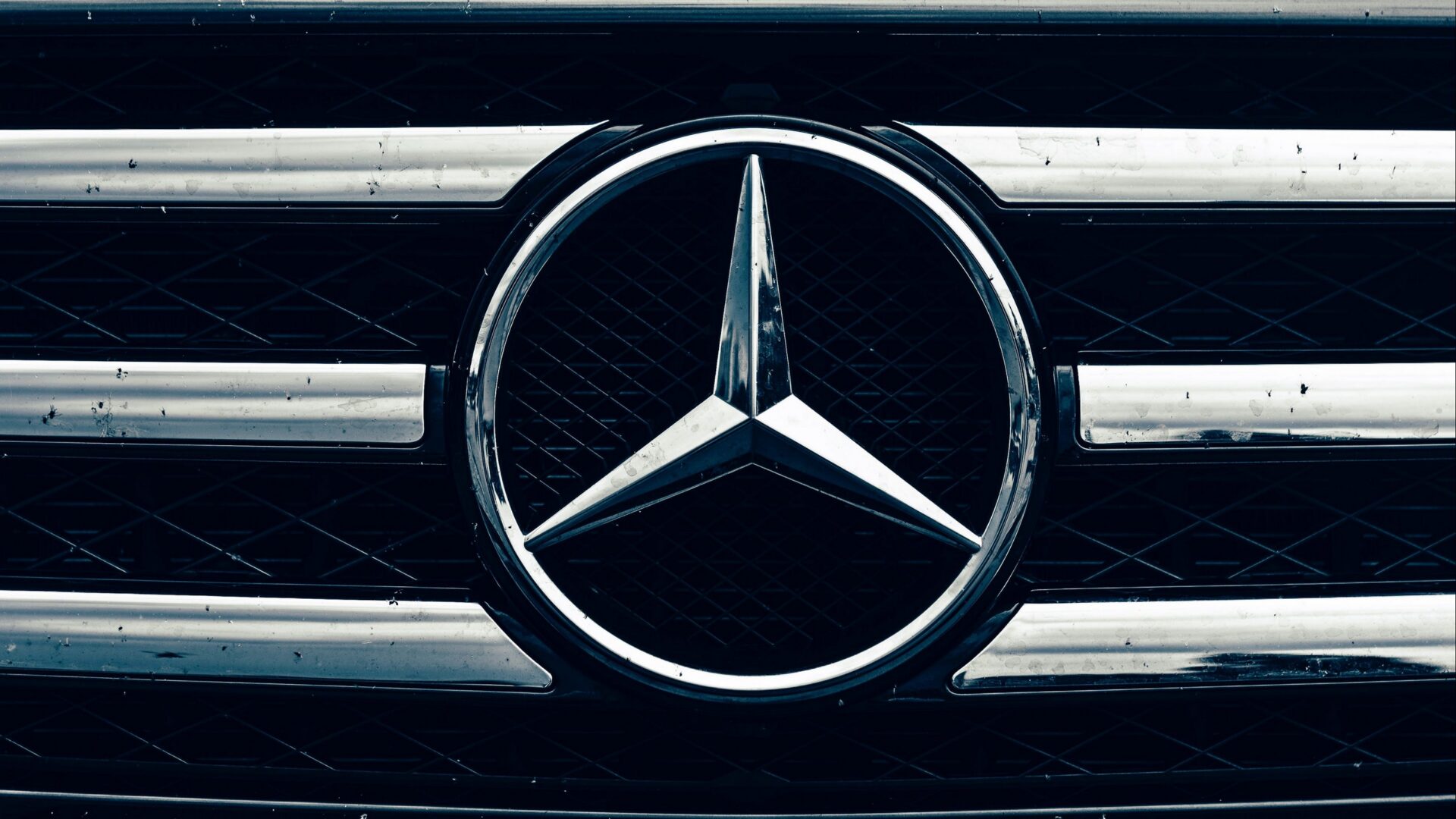Mercedes-Benz is a German luxury automotive brand headquartered in Stuttgart, Baden-Württemberg, Germany. Mercedes-Benz AG (a Mercedes-Benz Group subsidiary established in 2019) produces consumer luxury vehicles and light commercial vehicles badged as Mercedes-Benz.
The company’s roots can be traced back to the late 19th century when Karl Benz developed the first internal combustion engine for automobiles, leading to the creation of the Benz Patent Motorwagen in 1886. This pioneering effort was financially supported by Bertha Benz’s dowry.
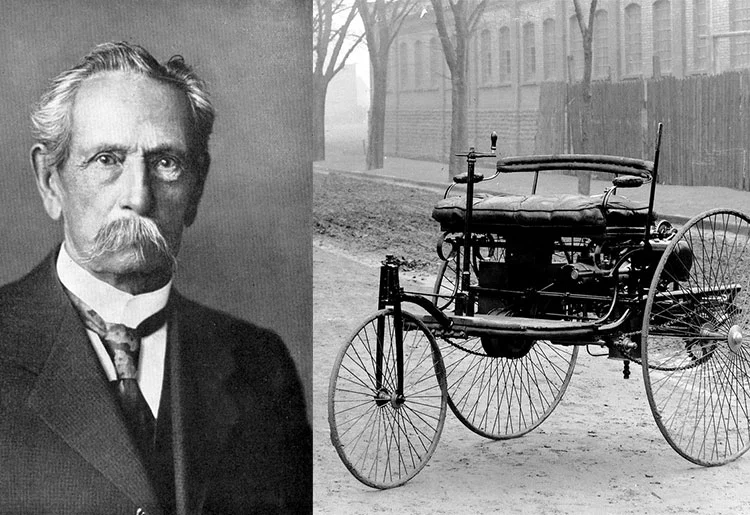
In parallel, Gottlieb Daimler and engineer Wilhelm Maybach made a significant impact by adding a petrol engine to a stagecoach later that same year. These innovations paved the way for the introduction of the Mercedes automobile in 1901 by Daimler Motoren Gesellschaft (DMG). This historical journey laid the groundwork for the brand’s enduring legacy of automotive excellence and innovation.
In 1926, DMG and Benz & Cie. merged to form Daimler-Benz AG. The company’s name was changed to Mercedes-Benz AG in 1998.
Mercedes-Benz is known for its luxury, performance, and safety. The company’s vehicles are popular among celebrities, business leaders, and high-income individuals.
Some of the most popular Mercedes-Benz models include the S-Class, E-Class, C-Class, GLC, and GLE. The S-Class is the company’s flagship sedan and is known for its luxurious interior and advanced technology. The E-Class is a popular executive sedan that offers a balance of luxury and performance. The C-Class is a mid-size sedan that is the company’s best-selling model. The GLC and GLE are SUVs that offer a combination of luxury, performance, and utility.
Mercedes-Benz is also a leader in automotive technology. The company has been at the forefront of developing new technologies, such as hybrid and electric vehicles, autonomous driving, and advanced safety features.
Mercedes-Benz is a global brand with a presence in over 34 countries. The company has a strong reputation for quality and reliability. Mercedes-Benz vehicles are known to hold their value well, making them a good investment.
Here are some of the things that make Mercedes-Benz cars stand out from the competition:
- Luxury: Mercedes-Benz cars are known for their luxurious interiors, with high-quality materials and finishes. They also offer a wide range of features and amenities that make them comfortable and enjoyable to drive.
- Performance: Mercedes-Benz cars are also known for their performance. They offer a range of powerful engines that deliver smooth and exhilarating acceleration.
- Safety: Mercedes-Benz cars are some of the safest cars on the road. They come standard with a number of advanced safety features, such as anti-lock brakes, electronic stability control, and airbags.
- Technology: Mercedes-Benz cars are also equipped with the latest technology. They offer features such as touchscreen infotainment systems, navigation systems, and advanced driver assistance systems.
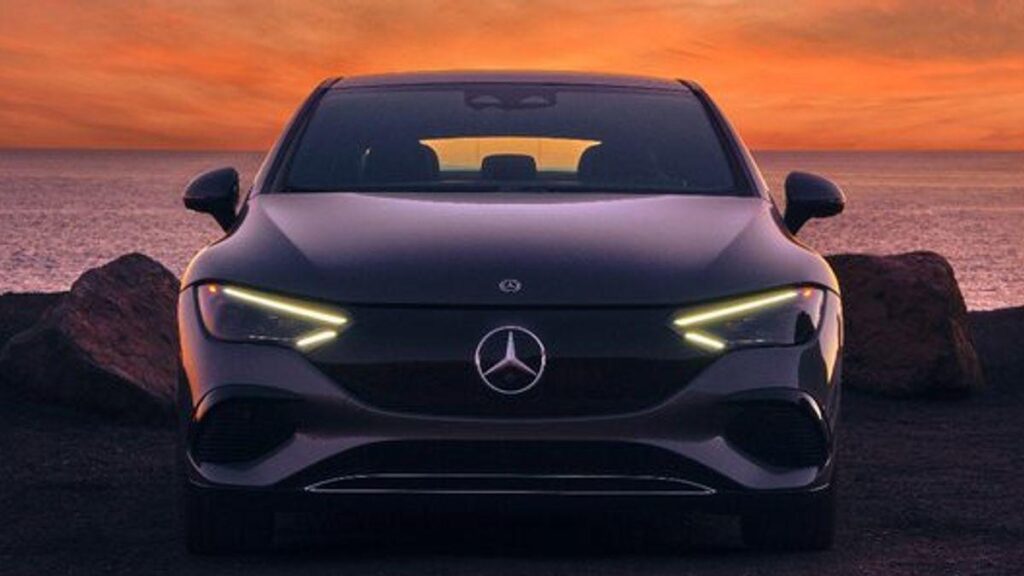
Marketing Strategy of Mercedes-Benz
Mercedes-Benz employs a sophisticated and multi-faceted marketing strategy to maintain its position as a global leader in the luxury automotive industry. Let’s elaborate on the key elements of Mercedes-Benz’s marketing strategy:
1. Brand Image and Positioning
Mercedes-Benz is one of the most recognized luxury car manufacturers worldwide, known for its premium vehicles, innovative technology, and exceptional performance. Here are some ways in which Mercedes-Benz leverages brand image and positioning as part of its marketing strategy:
High-End Pricing: Mercedes-Benz positions itself at the top of the automotive hierarchy through its pricing strategy. Its cars typically command higher prices compared to competitors, reflecting the brand’s exclusivity and prestige. This creates a perception of superior quality and exclusivity, making the brand appealing to wealthier individuals seeking status symbols.
Luxury Amenities: Mercedes-Benz incorporates advanced features and amenities into its vehicles to enhance the driving experience and reinforce its premium image. These might include heated seats, massage functions, panoramic sunroofs, state-of-the-art infotainment systems, and cutting-edge driver assistance technologies like adaptive cruise control and automatic emergency braking. Such offerings help differentiate Mercedes-Benz from mainstream auto brands and justify its lofty price points.
Sleek Design Language: Mercedes-Benz employs a consistent design language across its vehicle range, characterized by clean lines, bold contours, and elegant proportions. This visual identity helps establish a strong brand recognition and conveys a sense of timeless elegance associated with luxury goods.
Emphasis on Heritage: As one of the oldest automakers globally, Mercedes-Benz capitalizes on its rich history and heritage to imbue its brand with a sense of tradition and expertise. The company frequently references its past achievements, such as inventing the first motorized vehicle, pioneering safety features, and producing iconic models revered by enthusiasts. By linking its present successes to its illustrious legacy, Mercedes-Benz fosters a deep emotional connection with consumers who value authenticity and longevity.
2. Product Portfolio
Mercedes-Benz utilizes a diverse product portfolio as a key element of its marketing strategy, aiming to attract various types of customers with different needs, budgets, and preferences. Here are several aspects of how Mercedes-Benz manages its product lineup:
Categorization by Price Points: Mercedes-Benz organizes its vehicles into distinct groups based on their cost, targeting specific segments of the market. The entry-level compact cars (A-Class) cater to younger buyers or those looking for more affordable options, while the midsize E-Class and full-size S-Class sedans appeal to established professionals and high net worth individuals. At the pinnacle of the lineup sit ultra-luxurious Maybach models, reserved for the most discerning clientele willing to pay extravagant sums for unparalleled opulence.
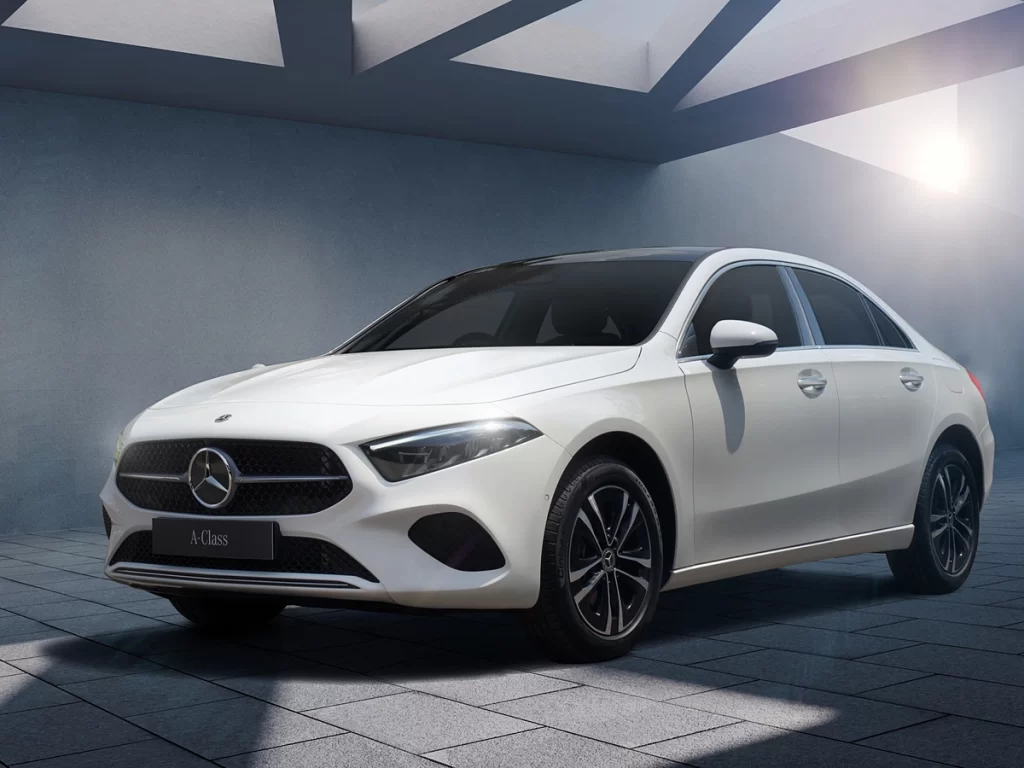
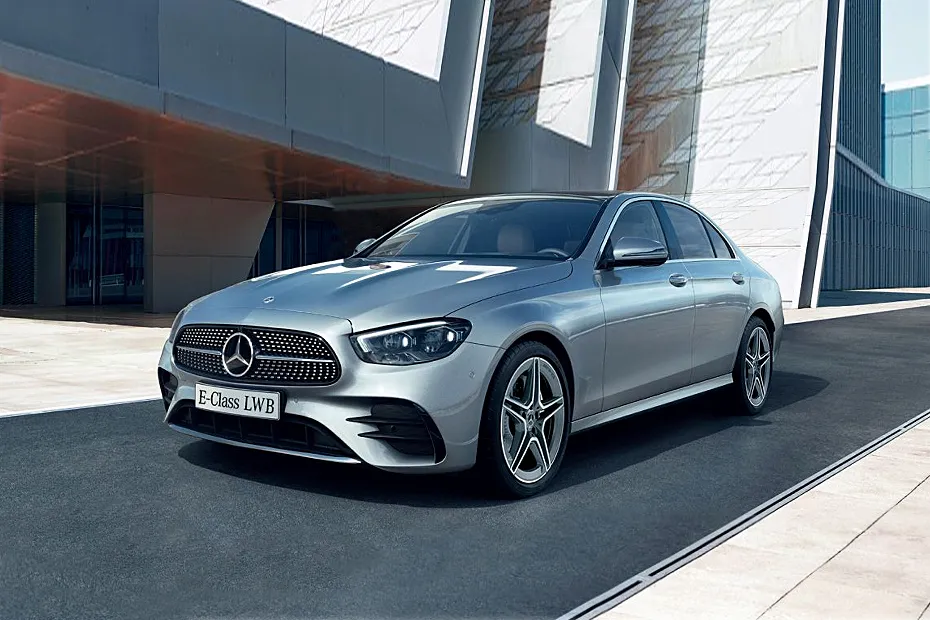
Variety of Body Styles: Mercedes-Benz offers a broad selection of body styles to accommodate varying lifestyle requirements and personal tastes. Besides traditional sedan, coupe, and convertible configurations, the brand also provides SUVs/Crossovers (GLA, GLC, GLE, GLS), sporty two-door coupes and roadsters (SLK, SLC, AMG GT), versatile vans (Metris, Sprinter), and even commercial vehicles (Sprinter, Unimog). This comprehensive array enables potential buyers to find a suitable match among the many choices available.
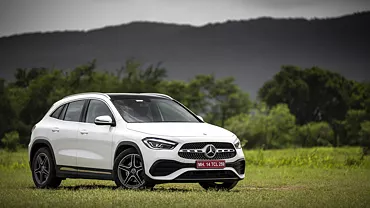
Differentiation via Sub-Brands: Within its product mix, Mercedes-Benz operates sub-brands that cater to particular niches or emphasize specific attributes. The high-performance AMG division caters to speed aficionados seeking track-ready machines with aggressive styling and potent engines. Meanwhile, the Electric Drive sub-brand focuses solely on battery-powered vehicles, addressing the increasing demand for environmentally friendly transportation solutions. Both of these divisions allow Mercedes-Benz to diversify its offerings and capture additional market share.
Personalization Options: Mercedes-Benz acknowledges that every buyer desires something unique, so it offers numerous customization possibilitiesacross its range. Whether through standalone packages or à la carte options, customers can modify their vehicles to suit their preferences. These modifications include exterior and interior color schemes, trim materials, upholstery patterns, performance enhancements, and technology upgrades. By providing this level of flexibility, Mercedes-Benz ensures that each car leaving its factories reflects the owner’s personality and taste.
3. Innovation and Technology
Mercedes-Benz leverages innovation and technological advancement as crucial components of its marketing approach, positioning itself as a cutting-edge luxury brand at the forefront of automotive development. Some ways in which Mercedes-Benz uses innovation and tech to bolster its marketing efforts include:
Pioneering New Features: Mercedes-Benz often introduces groundbreaking technologies and advanced systems in its vehicles before other manufacturers adopt them widely. For instance, the brand was an early adopter of driver assistance tools like adaptive cruise control, blind spot monitoring, and automatic emergency braking, helping establish its reputation as a leader in safety and convenience. Additionally, Mercedes-Benz has been at the forefront of electrification, launching plug-in hybrid and fully electric models well ahead of competitors. Such trailblazing moves help differentiate the brand from others and attract tech-savvy customers seeking state-of-the-art driving experiences.
Showcasing R&D Expertise: To highlight its commitment to research and development, Mercedes-Benz regularly showcases its latest concepts and prototypes at major auto shows and industry events. These futuristic designs demonstrate the brand’s dedication to pushing boundaries and exploring new ideas, capturing media attention and generating excitement among enthusiasts. Furthermore, collaborations with startups, universities, and other partners enable Mercedes-Benz to tap into external sources of creativity and innovation, further strengthening its image as a forward-looking organization.
4. Customer Experience
Mercedes-Benz places significant importance on delivering exceptional customer experience as part of its overall marketing strategy. This involves creating positive interactions throughout all stages of the customer journey, from initial awareness to post-purchase support. Here are several approaches used by Mercedes-Benz to improve customer experience:
Premium Dealer Network: Mercedes-Benz maintains a select network of authorized dealerships worldwide, carefully vetting potential franchises based on factors such as location, facility quality, staff expertise, and customer satisfaction ratings. By partnering only with top-tier retailers, Mercedes-Benz ensures that buyers receive consistent, premium treatment when visiting showrooms, test driving cars, negotiating prices, or having their vehicles serviced. Positive dealership encounters contribute positively to the overall perception of the brand and encourage repeat patronage.
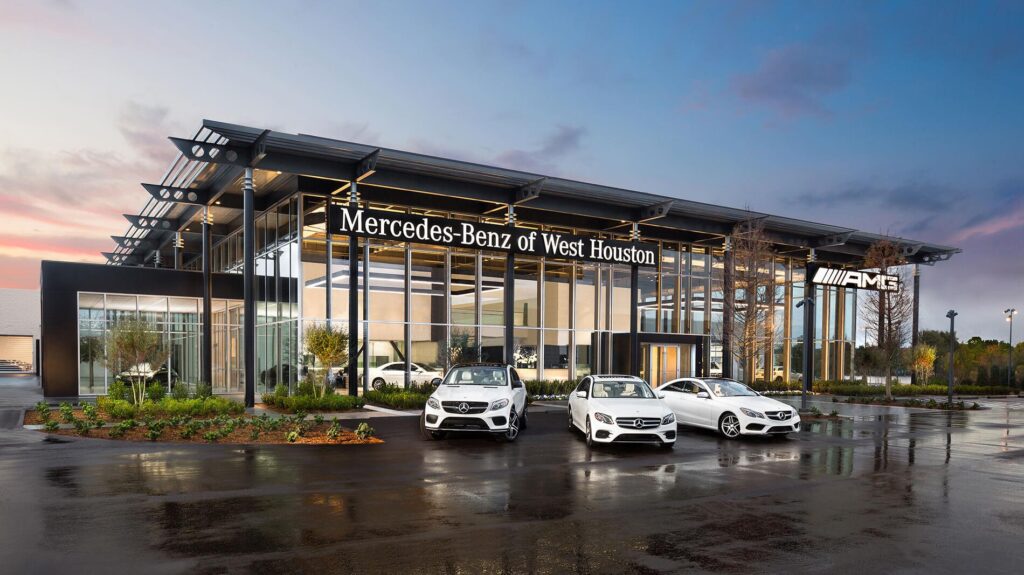
Personalized Communication: Mercedes-Benz tailors its communications with customers according to individual preferences and purchase history. Using data analytics and CRM software, the company segments its audience into distinct groups and crafts targeted messages accordingly. For instance, owners of Mercedes-AMG sports cars might receive exclusive invitations to track days or racing events, while families with young children may be offered child seat installation consultations or family-friendly promotions. By personalizing outreach, Mercedes-Benz fosters stronger emotional connections between clients and the brand.
Owner Benefits Program: As part of its customer experience initiatives, Mercedes-Benz provides an array of benefits designed to enhance ownership enjoyment and loyalty. The Mercedes-Benz Collection program, for example, grants members access to exclusive events, travel opportunities, lifestyle merchandise, and privileged benefits to the Benz owners.
Virtual Reality Test Drives: Mercedes-Benz offers virtual reality (VR) test drives for many of its vehicles, allowing prospective buyers to explore the car’s interior and exterior features without physically being present. This unique approach allows customers to get a feel for the car before making a decision, enhancing their overall experience with the brand.
Concierge Services: Mercedes-Benz also provides concierge services to assist customers with tasks ranging from restaurant reservations to event planning. This level of personalization helps build trust and loyalty with customers, who appreciate the extra effort made by the brand to ensure their comfort and satisfaction.
5. Sponsorships and Partnerships
Mercedes-Benz, one of the most recognized luxury car brands in the world, employs sponsorships and partnerships as part of its marketing strategy to enhance brand image, increase awareness, and attract high net worth individuals. Some examples include:
Formula 1 Racing: Since 2010, Mercedes-AMG Petronas Motorsport has been competing in the FIA Formula 1 World Championship under the Mercedes-Benz name. This association positions the brand at the forefront of motorsports technology and innovation, showcasing its commitment to performance excellence.
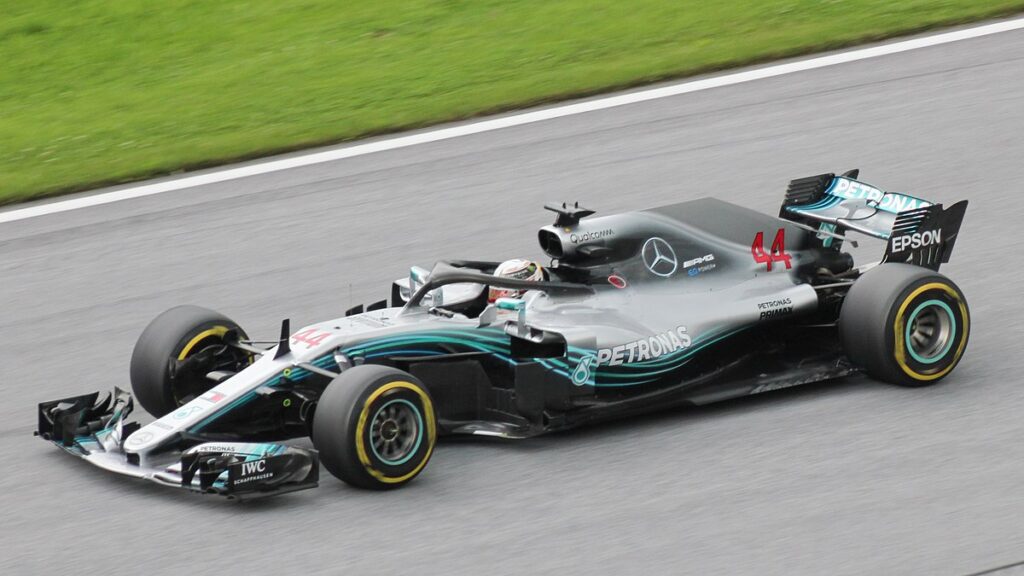
Fashion Industry: Mercedes-Benz has partnered with fashion weeks around the globe, including New York, London, Berlin, Milan, and Beijing. These events allow the brand to align itself with cutting-edge designers and trendsetters, emphasizing its sophisticated and stylish image.
Art and Culture: Mercedes-Benz supports art and culture through various initiatives, such as the Mercedes-Benz Museum in Stuttgart, Germany, and the Mercedes-Benz EQ Global Art Program. These programs highlight the brand’s appreciation for creativity, history, and innovation, appealing to cultured and discerning customers.
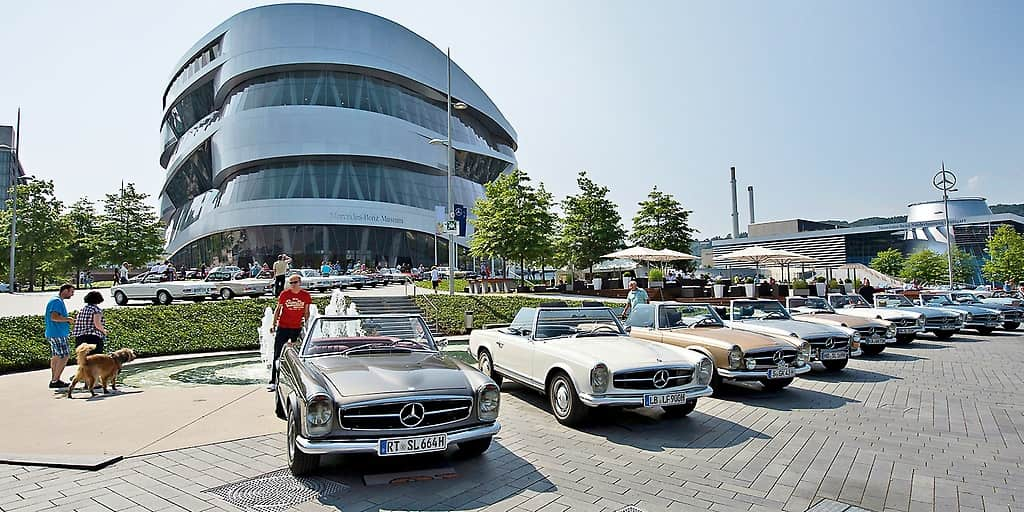
Sports Teams and Events: Mercedes-Benz has formed partnerships with sports teams and organizations, including Real Madrid C.F., FC Bayern Munich, and the PGA Tour. These associations demonstrate the brand’s dedication to athleticism, teamwork, and competition, resonating with sports enthusiasts and fitness aficionados.
Music Festivals: Mercedes-Benz has become synonymous with music festivals like Coachella Valley Music and Arts Festival, Outside Lands Music and Arts Festival, and Austin City Limits Music Festival. These partnerships associate the brand with youthful energy, creative expression, and entertainment, capturing the attention of young adults and millennials.
These strategic partnerships and sponsorships enable Mercedes-Benz to tap into diverse communities and lifestyles, broadening its appeal beyond traditional automotive segments. They also reinforce the brand’s reputation for quality, prestige to maintain its status as a global leader in the luxury automobile industry while remaining true to its core values of innovation, style, and exclusivity.
6. Environmental Responsibility
While environmental responsibility may not be the primary focus of Mercedes-Benz’s marketing strategy, it plays an increasingly important role in shaping consumer preferences and expectations. Here are some ways in which Mercedes-Benz incorporates environmental responsibility into its overall marketing efforts:
Electric Vehicles (EV): Mercedes-Benz recognizes the growing demand for environmentally friendly transportation solutions and has invested significantly in developing EVs. Its EQ line of electric cars features advanced battery technology, efficient powertrains, and sleek designs that appeal to both environmentally conscious consumers and those seeking modern, high-performance vehicles.
Sustainable Manufacturing Practices: Mercedes-Benz strives to reduce its carbon footprint throughout the manufacturing process by implementing green initiatives, such as using renewable energy sources, minimizing waste, and optimizing supply chain logistics. The company communicates these efforts to customers via social media, press releases, and other marketing materials, promoting its commitment to sustainability.
Carbon Offsetting: Mercedes-Benz acknowledges that even zero-emission vehicles still contribute to CO2 emissions during production and delivery. Therefore, the company offers customers the option to offset their vehicle’s carbon footprint through projects that support reforestation or renewable energy development. This feature adds value to the customer experience by allowing them to feel more connected to the environment and their impact on it.
Government Regulations: Compliance with government regulations related to emissions standards and clean energy policies is essential for any car manufacturer operating globally. Mercedes-Benz ensures compliance with these rules and often goes beyond minimum requirements, showcasing its dedication to environmental stewardship.
Consumer Education: Providing information on the benefits of owning an electric vehicle (e.g., cost savings, reduced maintenance needs) and how they contribute to reducing one’s carbon footprint can encourage potential buyers to consider purchasing an EV. Mercedes-Benz could leverage its marketing expertise to create engaging content that informs and inspires customers to make more sustainable choices.
In summary, Mercedes-Benz’s marketing strategy revolves around maintaining a premium brand image, innovation, digital engagement, environmental responsibility, and a global reach. These strategies help the company cater to the luxury automotive market and adapt to changing consumer expectations while staying true to its heritage of excellence and innovation.
Marketing Mix of Mercedes-Benz
Mercedes-Benz, a prominent luxury automobile manufacturer, effectively employs the classic marketing mix, often referred to as the 4Ps (Product, Price, Place, Promotion), to manage its product offerings and maintain a strong market presence. Here’s a detailed breakdown of how Mercedes-Benz utilizes the 4Ps in its marketing strategy:
Product
-
- Product Range: Mercedes-Benz offers a comprehensive product range, including luxury sedans, SUVs, sports cars, and electric vehicles (EVs). These products cater to different customer preferences and needs.
- Innovation: Mercedes-Benz is known for its commitment to innovation and cutting-edge technology. They continuously introduce advanced features, such as autonomous driving capabilities, state-of-the-art infotainment systems, and energy-efficient engines.
- Customization: The brand offers extensive customization options, allowing customers to personalize their vehicles, from choosing interior materials and colors to selecting performance upgrades.
Price
-
- Premium Pricing: Mercedes-Benz adopts a premium pricing strategy, positioning its vehicles as high-end luxury products. This pricing reflects the brand’s image and commitment to quality.
- Pricing Tiers: While the core models are premium-priced, Mercedes-Benz also offers various pricing tiers to accommodate different consumer segments. This includes more affordable models like the A-Class and CLA, making the brand accessible to a broader range of buyers.
- Value Perception: Customers perceive Mercedes-Benz vehicles as offering good value for the premium price due to the brand’s reputation for quality, performance, and safety.
Place (Distribution)
-
- Global Presence: Mercedes-Benz boasts a strong global presence, with dealerships and manufacturing facilities worldwide. This expansive network ensures accessibility for customers in various regions.
- Dealership Experience: Mercedes-Benz dealerships are strategically located in key markets and provide an exceptional in-person experience. They often feature modern and luxurious designs to align with the brand’s image.
- Online Sales: In recent years, Mercedes-Benz has expanded its online sales presence, allowing customers to configure and purchase vehicles through the company’s website, further enhancing accessibility.
Promotion
-
- Advertising and Marketing: The brand invests significantly in advertising and marketing campaigns to promote its products. These campaigns emphasize the brand’s values of luxury, performance, and innovation.
- Digital Marketing: Mercedes-Benz maintains a strong online presence through websites and social media platforms. They employ digital advertising, influencer partnerships, and engaging content to connect with their target audience.
- Sponsorships and Events: Mercedes-Benz sponsors major sports events and entertainment properties, including Formula 1, to showcase its engineering prowess and performance capabilities.
- Sustainability Messaging: Given the growing importance of sustainability, Mercedes-Benz incorporates environmental responsibility into its marketing messaging, highlighting efforts like carbon-neutral production and its EQ line of electric vehicles.
Mercedes-Benz’s marketing mix effectively combines a premium product range, carefully managed pricing strategies, a global distribution network, and a diverse set of promotional activities. These elements collectively contribute to Mercedes-Benz’s longstanding success in the luxury automotive market, positioning it as a brand associated with luxury, innovation, and performance.
Also Read: Dissecting BMW’s Marketing Strategies & Success Factors
To read more content like this, subscribe to our newsletter
